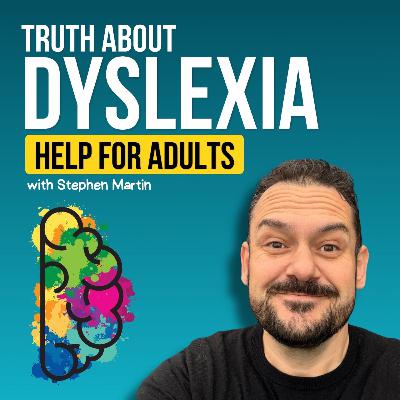Updated 2 Genes I see in neurodivergent thinkers
Description
In this conversation, Stephen Martin discusses the interplay between genetic and epigenetic factors in neurodiversity, particularly focusing on ADHD, dyslexia, and autism. He emphasizes how modern environments, especially the prevalence of addictive substances and social media, exacerbate these genetic predispositions, leading to increased struggles for individuals with these conditions.
Takeaways
There is a significant genetic and epigenetic component to ADHD, dyslexia, and autism.
Many individuals are predisposed to various neurodiverse conditions.
Modern environments contribute to the expression of genetic predispositions.
Addictive substances and dopamine abusers are more prevalent today.
Social media usage, like scrolling on TikTok, can exacerbate genetic struggles.
The current environment is revealing more about our genetic codes.
The interaction between genetics and environment is crucial in understanding neurodiversity.
Increased screen time may lead to heightened challenges for neurodiverse individuals.
Understanding neurodiversity requires a holistic view of genetics and environment.
Awareness of these factors can lead to better support for those with neurodiverse conditions.
ADHD, dyslexia, autism, epigenetics, genetics, neurodiversity, dopamine, social media, environment, adults with dyslexia, support for adults.
Join the club
Get 20% off your first order
If you want to find out more visit:
truthaboutdyslexia.com
Join our Facebook Group





